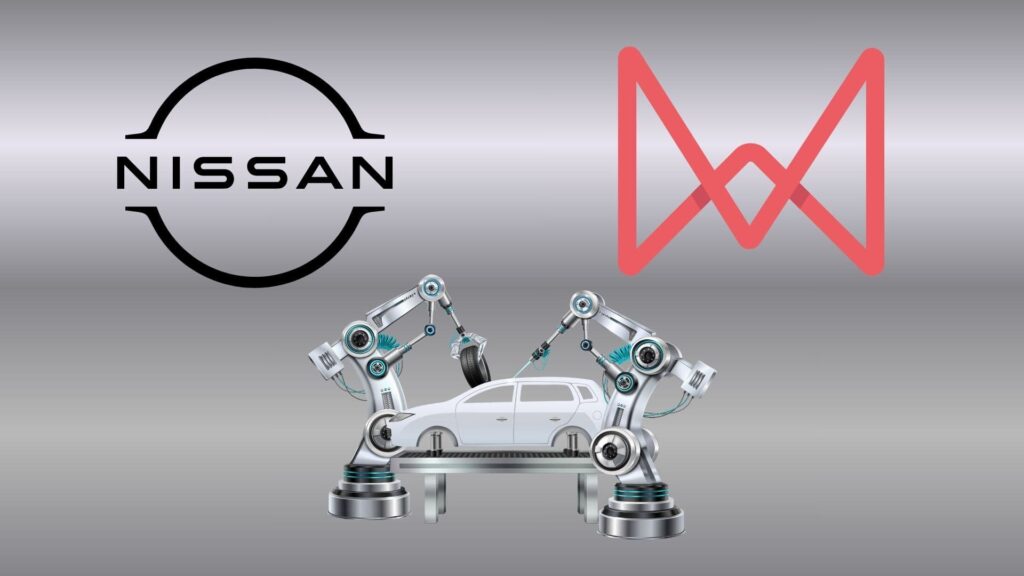Monolith’s AI powers Nissan push to halve testing time
Data-driven testing at Nissan expands with Monolith partnership.

Nissan and Monolith have extended their strategic partnership for three years to apply AI across more vehicle programmes in Europe. The collaboration supports Nissan. RE: Nissan Plans to Compress Development Timelines and Improve Operational Efficiency. Early outcomes are guiding a wider rollout.
Engineers at Nissan Technical Centre Europe will utilise Monolith to predict test results based on decades of data and simulations. Reducing prototypes and conducting targeted, high-value experiments enables teams to focus more effectively on design decisions. Ensuring both accuracy and coverage remains essential.
A prior project on chassis bolt joints saw AI recommend optimal torque ranges and prioritise the following best tests for engineers. Compared with the non-AI process, physical testing fell by 17 percent in controlled comparisons. Similar approaches are being prepared for future models beyond LEAF.
Leaders say that a broader deployment could halve testing time across European programmes if comparable gains are achieved. Governance encompasses rigorous validation before changes are deployed to production. Operational benefits include faster iteration cycles and reduced test waste.
Monolith’s toolkit includes next-test recommendation and anomaly detection to flag outliers before rework. Nissan frames the push as an innovation with sustainability benefits, cutting material use while maintaining quality across a complex supply chain. Partners will share results as adoption scales.
Would you like to learn more about AI, tech, and digital diplomacy? If so, ask our Diplo chatbot!
